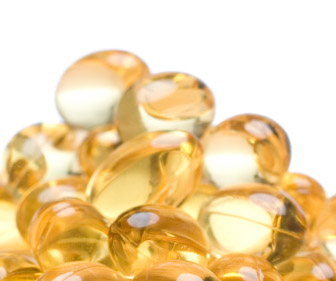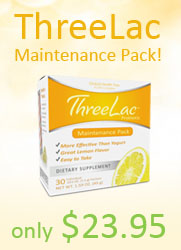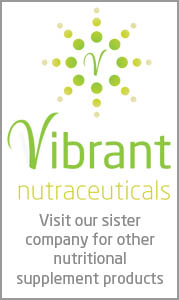Vitamin E — for "Essential" [March-03-2014]
 Vitamin E has such a wide-ranging impact on the whole body that it's often called the "youth vitamin." Call it what you want-it's definitely a case of "E" stands for "essential."
Vitamin E has such a wide-ranging impact on the whole body that it's often called the "youth vitamin." Call it what you want-it's definitely a case of "E" stands for "essential."
And, as with so many other vital vitamins, Americans just don't get enough. Research shows that over 90 percent of us do not consume the RDA for vitamin E; a majority gets less than half of the RDA.
Worse still, the rate of vitamin E supplementation has begun to decline. Between the years 2002 and 2006 studies reveal that the numbers of people taking a vitamin E supplement shockingly plummeted from 44.3 percent to 19.8 percent.
This is surprising when you consider all of the research, according to the Harvard School of Public Health, showing that vitamin E—thanks to its antioxidant properties—may help stave off a variety of diseases. In particular vitamin E, which is a fat soluble antioxidant, boosts the immune system and maintains overall good health.
Heart health...eye health...brain health.
One major 12-year study of over 39,000 women found a positive link between vitamin E consumption and heart health. The study, published in the Journal of the American Medical Association, found that those who took 600 IU of vitamin E on an every-other-day basis experienced a 24 percent lower rate of heart attack deaths than the placebo group.
- Vitamin E may well prevent age-related eye disorders such as macular degeneration, particularly when taken in combination with vitamin C, beta carotene and zinc.
- Vitamin E has been shown to benefit the nervous system by protecting the myelin sheaths that surround nerves and some research indicates benefits for sufferers of Alzheimer's disease. People with Alzheimer's show higher blood levels of vitamin E damage. A paper in Neurobiology of Aging reported that people with higher levels of vitamin E had a lower risk of mild cognitive impairment.
- Vitamin E may also reduce cholesterol and the risk of developing cancer. And it is well known for its properties moisturizing and nourishing your skin.
How much do you need?
For adult men and women the Recommended Dietary Allowance or RDA is 15 milligrams, or 22.5 IU. The Linus Pauling Institute, though, says that the average intake is far less and recommends supplements containing from 100 IU to as high as 1,000 IU.
Recent research...memory...bone health
Older folk with high levels of vitamin E in their blood are less likely to suffer from memory disorders, according to research conducted in Finland and published recently in Experimental Gerontology.
Scientists followed 140 people, all aged over 65, for a period of eight years. None of the study participants had memory impairment at the beginning of the trial. Researchers say that the entre vitamin E family plays a role in memory processes.
Meanwhile, a large-scale study published in January in the American Journal of Clinical Nutrition, validates vitamin E supplementation as a way to help reduce the number of bone fractures suffered by the elderly.
Data collected over 19 years from nearly 15,000 women indicated that those with the lowest levels of vitamin E experienced a dramatic 86 percent increase in the rate of hip fractures. Use of supplements was associated with a 22 percent reduction in hip fractures.
Similar results were observed in a 12-year study of more than 1,000 men, say researchers from Uppsala University and the Karolinska Institute in Sweden.
 For over 14 years, we have made it our mission to collaborate with innovative practitioners, nutritional experts, and scientists to realize their concepts and ideas into life changing products and applications. This cultivated group called "The Founding Scientists," is what makes GHT the unique, robust and respected organization in industries of nutrition and health.
For over 14 years, we have made it our mission to collaborate with innovative practitioners, nutritional experts, and scientists to realize their concepts and ideas into life changing products and applications. This cultivated group called "The Founding Scientists," is what makes GHT the unique, robust and respected organization in industries of nutrition and health.









 Vitamin E has such a wide-ranging impact on the whole body that it's often called the "youth vitamin." Call it what you want-it's definitely a case of "E" stands for "essential."
Vitamin E has such a wide-ranging impact on the whole body that it's often called the "youth vitamin." Call it what you want-it's definitely a case of "E" stands for "essential."




